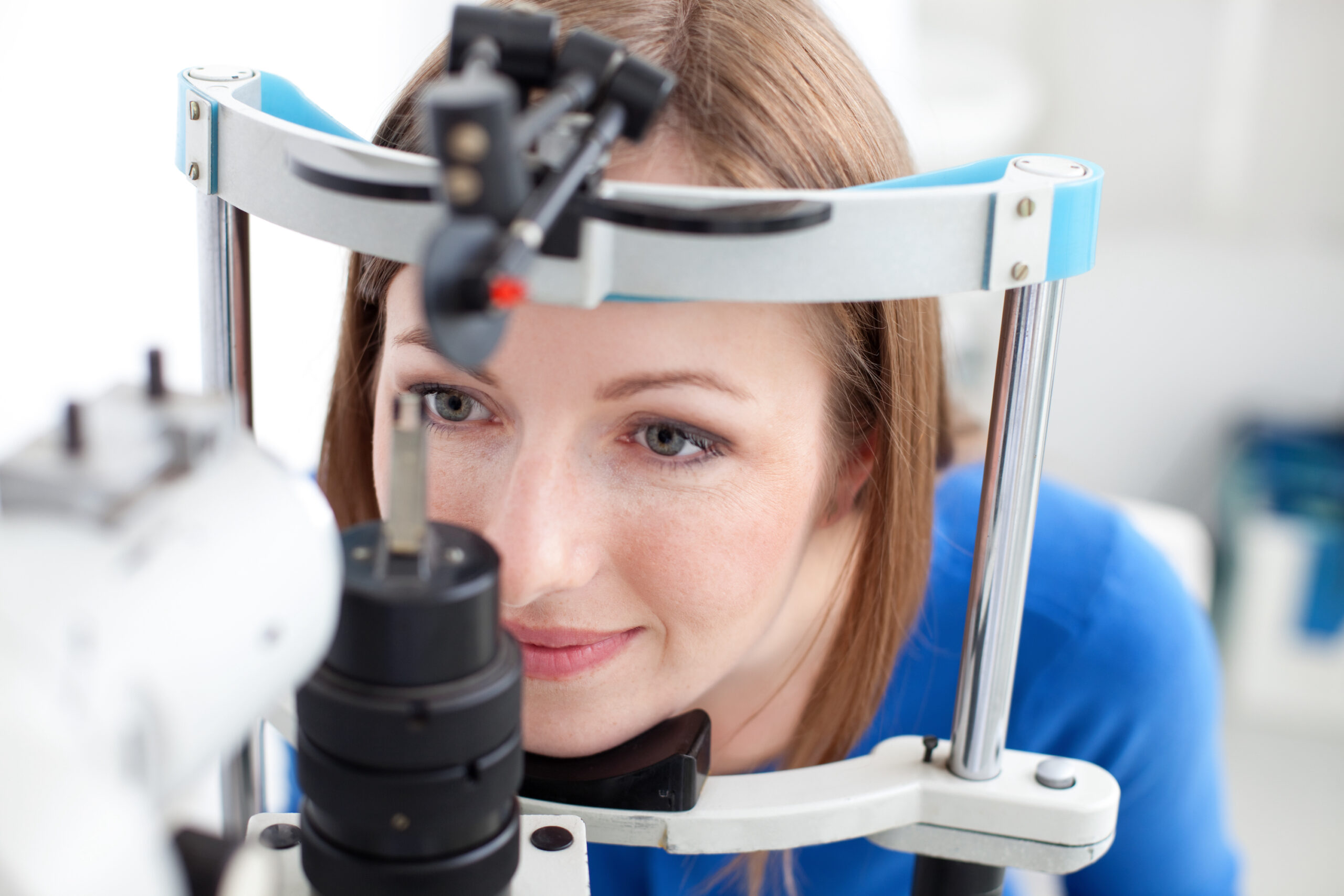
At Lakeland Eye Clinic, we are dedicated to caring for your eye health and enhancing your vision. We provide a full range of vision services, including integrated diabetic eye care, in Lakeland. Whether you have type 1 or type 2 diabetes, it’s important to look after your eyes. It is highly recommended that diabetics have an annual eye exam, though more frequent dilated eye exams may be necessary.


Diabetes is a systemic health condition that can affect different parts of your body, including your eyes. Diabetic eye complications, if left untreated, can lead to severe vision loss or even blindness. That’s why our specialized diabetic eye care services are designed to detect, prevent, and treat diabetic-related eye conditions promptly. Our goal is to preserve your eyesight and enhance your quality of life.
For individuals living with diabetes, it is important to understand the potential impact that this condition can have on eye health. Regular dilated eye exams are crucial for early detection and management of the following eye conditions that may be associated with diabetes:
Diabetic Retinopathy is a common complication for people living with diabetes. This condition occurs when high blood sugar levels damage the blood vessels in the retina, the light-sensitive tissue at the back of the eye. Over time, these damaged blood vessels may leak or become blocked, leading to vision problems. In the early stages, diabetic retinopathy might not cause noticeable symptoms, but as it progresses, it can cause blurred or distorted vision, dark spots, and even vision loss.
Unfortunately, if diabetic retinopathy isn’t caught early enough, it can cause permanent damage. Some treatments may restore partial vision, but it is important to get frequent comprehensive eye exams, where the doctor dilates your pupils to detect any issues, before vision loss occurs.
Macular edema is a complication of diabetic retinopathy that specifically involves the macula, the central part of the retina responsible for sharp and detailed vision. In individuals with diabetes, the blood vessels in the retina can leak fluid, causing the macula to swell and leading to a condition known as macular edema. This can result in blurry or wavy central vision, making tasks like reading, recognizing faces, and driving difficult.
A cataract is a clouding of the eye’s natural lens, which can lead to blurry or dim vision, increased sensitivity to glare, and difficulty seeing at night. Cataracts are a common age-related eye condition that can affect anyone. However, individuals with diabetes are at an increased risk of developing cataracts at an earlier age and experiencing faster progression.
Glaucoma is a condition characterized by damage to the optic nerve, often due to elevated pressure within the eye (intraocular pressure). People with diabetes are at a higher risk of developing a specific type of glaucoma known as neovascular glaucoma, which is associated with the growth of abnormal blood vessels on the iris. If left untreated, glaucoma can lead to gradual peripheral vision loss and, in advanced stages, tunnel vision and blindness.
Retinal detachment is a serious and sight-threatening condition that can occur in people living with diabetes, particularly if they have diabetic retinopathy. In diabetic retinopathy, abnormal blood vessels can cause scar tissue to form on the retina. This scar tissue can pull on the retina, leading to retinal detachment, where the retina separates from the underlying tissue. Retinal detachment can cause sudden flashes of light, floaters, and a curtain-like shadow that affects vision. Immediate medical attention is crucial if retinal detachment is suspected, as surgical intervention is often necessary to reattach the retina and prevent permanent vision loss.

At Lakeland Eye Clinic, we offer a comprehensive range of diabetic eye care services, from treatment for early-stage diabetic eye disease symptoms to advanced condition management. Our services are tailored to meet your unique needs. We work in collaboration with your other healthcare providers to ensure seamless coordination of your diabetic management.
Our skilled ophthalmologists and optometrists perform thorough diabetic eye exams, using advanced diagnostic tools to detect early signs of diabetic retinopathy, diabetic macular edema, and other related conditions. Diabetic eye exams are typically covered by medical insurance. For more information about payment methods, please contact Lakeland Eye Clinic.
The eye specialists of Lakeland Eye Clinic have years of experience helping diabetic patients using the latest in diabetic eye care diagnostic and treatment methods.
Schedule an appointment at Lakeland Eye Clinic today!